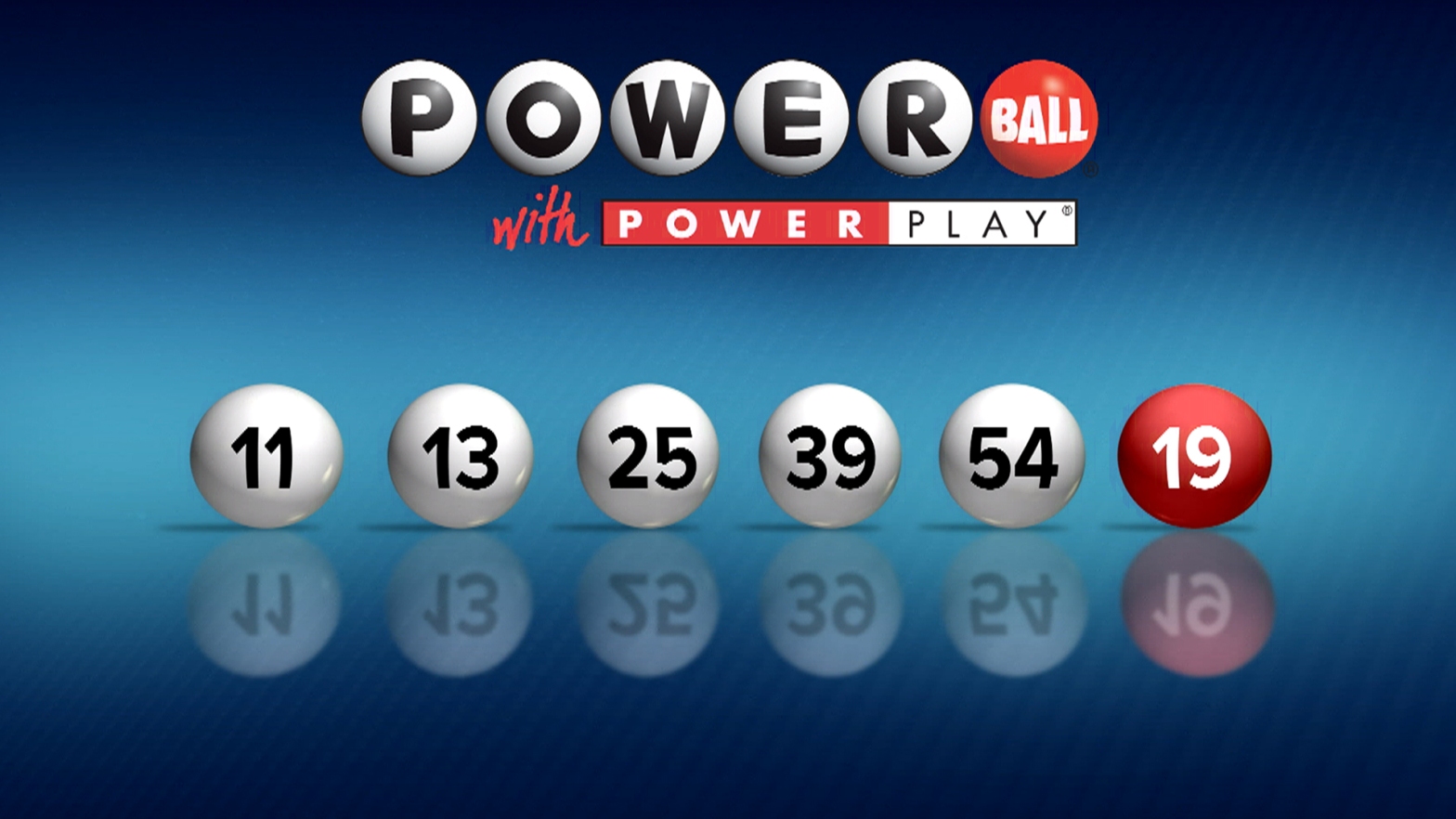-Ali Hyder Mulji
Spending $2 to stand a chance to win $100million sounds like a deal only a numb nut would pass. Every single day millions of these deals are made in the USA and people happily participate. But have you ever wondered if the lottery is too good to be true? In this article we’ll be analysing the lottery system to understand if you should consider buying a ticket.
A lottery system works on a lot of probability and expectation! Maths and statistics is present in every bit of it. And looking at the lottery through the eyes of mathematical logic will be different.
Lottery Structure
To understand whether buying a lottery ticket is worth it we need to first analyse how a lottery system works. This is how most people think lottery works-

Whereas, a practical lottery system has several expenses that have to be paid from the earnings of ticket sales. Commissions, taxes and management expenses are all paid through the ticket earnings.

And whatever extra remains, goes straight to the government treasury (if the lottery is state sponsored). This is why lotteries are often called “tax on the stupid” because no sane person would stand in queues to pay any other tax.
Every lottery has a certain list of odds which gives you an idea of the probability of winning each prize. These are the odds for a $2 powerball ticket.

To put things in perspective, you are more likely to be eaten by a shark or get struck by lightning than win the jackpot.
But instead of just drawing analogies for the sake of argument, let’s get into the math of things.
Expectation
Statisticians often use the concept of ‘Expectation’ to find out the average of the outcome of a certain event. It is very much like ‘mean’ except with the odds used as weights. All you have to do is multiply each probability with the corresponding prize and add all the results.
Using the odds table above, we arrive at 94 cents. This means that spending $2 on a powerball ticket is not worth it because the average earnings on each ticket is only 94 cents.
If we reverse engineer the equation, you can actually calculate how big the pot needs to be to ensure that the expected value of your ticket is at least more than $2 and in this example it shoots up to $285 million. But that’s not all, as the jackpot increases so does the number of people participating, which increases the chances of having to share the winnings with another winner.
The Lottery that was worth it
Now let’s imagine a situation where the odds and prizes are set just right to ensure that the expected value of your ticket is more than $2 and it doesn’t even have enough sales to result in multiple winners.
This is exactly what happened in 2005 when the State of Massachusetts decided to tweak their lottery system because of discouraged participants and reduced sales. Instead of adding up the jackpot each time it went unclaimed, it was rolled down so the smaller prizes were made more attractive.
This means that if a million dollar jackpot was not won by anybody, the million dollars were adjusted in the smaller prizes of the next lottery. Now these smaller prizes became very valuable despite being easier to win.
James Harvey, an MIT senior, working on an independent project pertaining to various state lotteries was the first to find this out. When he calculated the expected winnings on each ticket on a roll-down day, it came out to $5.56. This means that on average a $2 ticket would have winnings of $5.56.
Now this does not mean that every ticket holder would receive $5 but instead makes the prizes much more attractive in terms of odds and winnings. The first thing James Harvey did was gather a bunch of friends and bought a thousand tickets and won a 1/800 odds prize and a few smaller rewards. In all, the friends tripled their investment.
It wasn’t long before betting clubs started to see the benefits of participating when the previous unclaimed jackpot was rolled down and the smaller prizes were made more attractive. One of the betting clubs spent $300,000 worth on tickets. The ticket vendors were paid 5% commission on sale of tickets by the lottery organiser. One of the betting clubs made a deal with a ticket vendor to go halfsies on the commission in return for sales of several thousand dollars . Another couple from Massachusetts bought sixty thousand tickets and took home a pure profit of $50,000.
Conclusion
Lotteries are always made to ensure the state takes in much more than the distributed winnings. But from a participant’s perspective, no matter how low the odds maybe, someone is going to win and that someone could be you. This is what keeps people going. However, statistically, most people who win the lottery squander it before too long.
This is because the winner is most likely someone who doesn’t have financial acumen, which made him want to participate in the first place. It is important to remember that financial acumen doesn’t come by owning large amounts of money. Inestead, large amounts of money are a result of having financial acumen.
Sources: How to not be wrong – Jordan EllenbergIn the sources


This was so interesting and lovely 🥰
LikeLiked by 1 person
Awesome💯
LikeLiked by 2 people
Great read💯💯💯
LikeLiked by 1 person
Nice one👍💯
LikeLiked by 1 person
Greatt article👍🏻👍🏻
LikeLiked by 1 person
Very well written!
LikeLiked by 1 person
The concept is very well explained in this article 💯
LikeLiked by 1 person
so informative!
LikeLike
Thanks for the statistics.
LikeLike
Lottery means Expect the Expected… 🙂
LikeLike